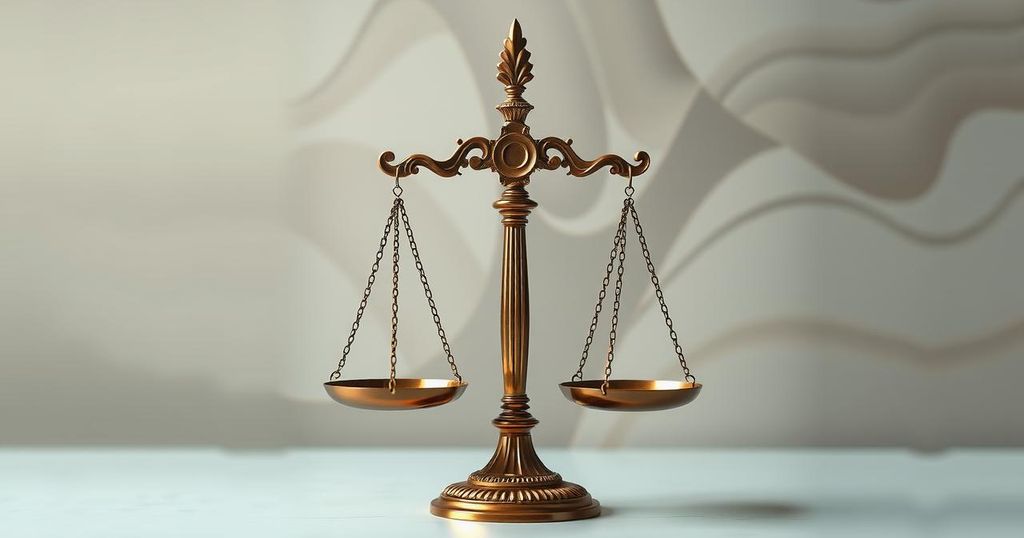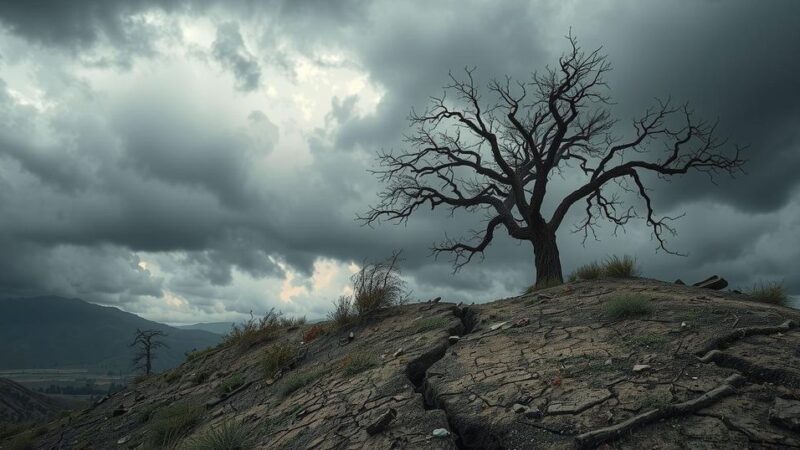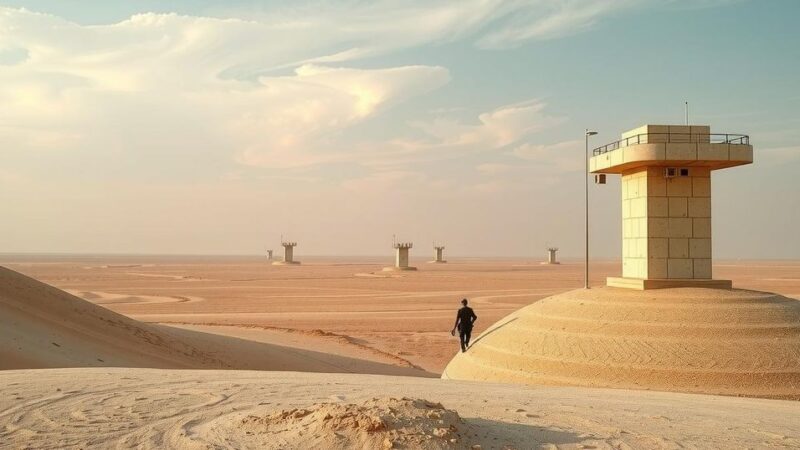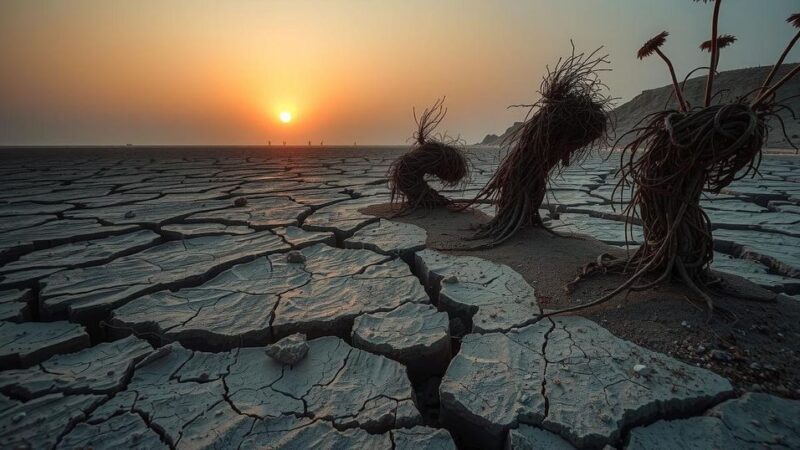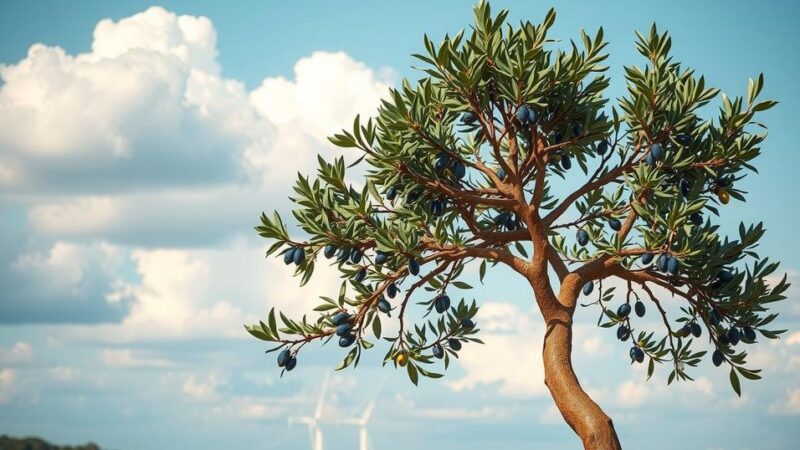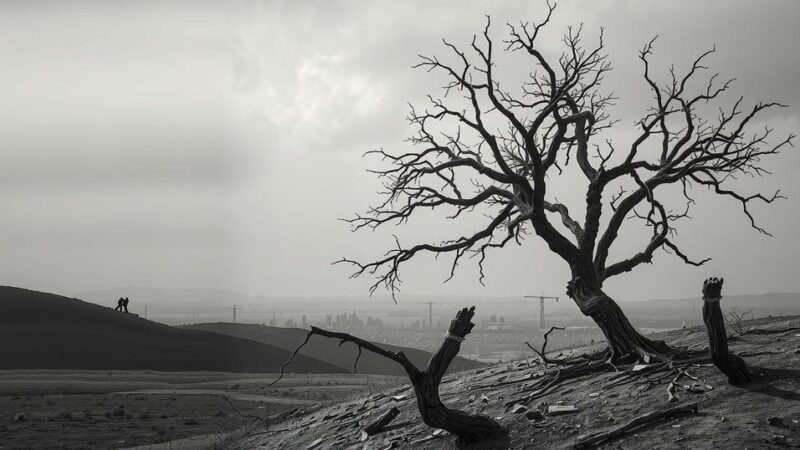The ICC prosecutor seeks arrest warrants against Taliban leaders for gender persecution, highlighting severe human rights abuses against women and girls. With credible evidence and support from organizations like Human Rights Watch, this effort aims to hold accountable those responsible for systemic discrimination and violence in Afghanistan. The investigation is part of the ICC’s broader mandate to address human rights violations dating back to 2003.
The International Criminal Court (ICC) prosecutor’s recent application for arrest warrants against two Taliban leaders marks a significant step toward achieving justice for severe human rights violations, particularly against women and girls in Afghanistan. The prosecutor seeks charges of gender-based persecution against the Taliban’s supreme leader, Haibatullah Akhundzada, and chief justice, Abdul Hakim Haqqani, due to credible evidence of their role in systematic discrimination.
The ICC prosecutor stated that reasonable grounds exist to believe that the Taliban’s actions have led to the persecution of Afghan women, girls, their allies, and individuals whose gender identities conflict with Taliban norms. Notable violations include restrictions on education, personal freedoms, and the right to assembly, which have notably impacted the LGBTQ+ community as well.
Human Rights Watch emphasized the importance of these ICC actions in rekindling international focus on the Taliban’s oppressive measures against women and girls. According to Liz Evenson, the international justice director at Human Rights Watch, “The ICC prosecutor’s request for arrest warrants… should put the Taliban’s oppression of women, girls, and gender nonconforming people back on the international community’s radar.”
Amid ongoing investigations, the court’s authority to pursue accused individuals was reaffirmed after recognizing the previous Afghan government’s limited actions against such crimes. The investigations resumed in October 2022 and have since accelerated, spurred by the referral of Afghanistan’s situation from six ICC member states in November 2024 due to deteriorating human rights conditions.
The Taliban’s strict decrees have led to over a hundred restrictions limiting women’s rights, which include banning secondary and higher education, prohibiting employment in various fields, and conducting arbitrary arrests. The prosecutor’s forthcoming warrant requests are expected to expand, addressing further atrocious acts committed by the Taliban and ISIS-affiliated groups against vulnerable populations.
In addressing the situation in Afghanistan, the ICC has faced external pressures, particularly from US lawmakers threatening sanctions regarding investigations involving Israeli officials. However, Redress from cross-regional countries under the Convention on the Elimination of All Forms of Discrimination against Women has emerged, indicating potential future legal actions against the Taliban by the International Court of Justice.
Additionally, the ICC has received thousands of victim representations urging the court to investigate crimes dating back to May 2003. Human Rights Watch advocates for a comprehensive approach toward accountability, underscoring that victims of oppression must not be overlooked in pursuing justice for atrocities committed during the protracted conflict in Afghanistan.
The International Criminal Court’s (ICC) pursuit of justice in Afghanistan is a response to systemic abuses under Taliban rule, especially towards women and LGBTQ+ individuals. Following a historical examination and a prolonged pause in proceedings due to political considerations, the ICC has resumed its investigation, highlighting extensive human rights violations attributed to the Taliban since their takeover. With increasing international concern for human rights in Afghanistan, this investigation signifies a stride toward accountability for war crimes.
The ICC’s actions against Taliban leaders highlight the persistent violations of human rights, particularly against women and girls in Afghanistan. By pursuing charges for gender persecution, the court not only seeks justice for victims but also applies international pressure on the Taliban’s oppressive regime. It is essential for global consciousness to remain aware of the plight of women and marginalized groups in Afghanistan, ensuring that justice is pursued comprehensively and impartially.
Original Source: www.hrw.org

